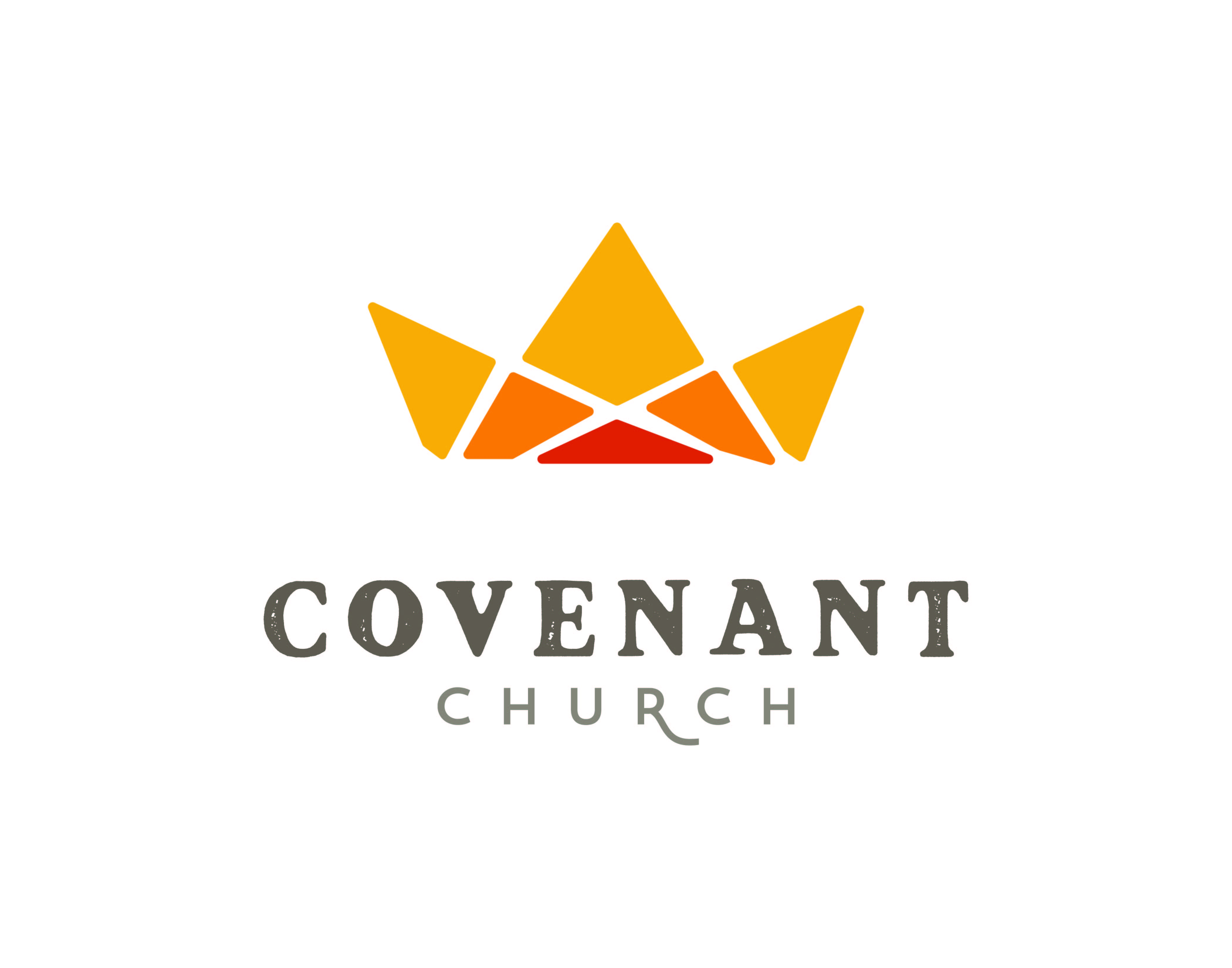After spending months in the prophets (where the same three messages were given over and over again), reading the gospels is like walking into Costco on steroids! Every paragraph is stuffed full of something new and interesting. So, when it comes to this blog post, I feel like a kid in a candy store wondering which treat I should select! After a little thought, I’ve chosen two seemingly different but yet remarkably similar stories for us to consider.
The first has to do with a big picture view of Matthew. We know that Matthew was trying to connect Jesus’ story to a Jewish audience so he did things like refer back to fulfilled prophecy and use typical Jewish language (“kingdom of heaven”). On top of this, he didn’t bother to spell out certain Jewish customs as did other writers (see Mark 7:3-4). There is something else he did that many non-Jewish readers might easily miss—he connected Jesus’ story of redemption to the Exodus from Egypt.
Think about it. God brought His people out of Egypt and baptized them in the Red Sea. The Father brought His Son out of Egypt (Matthew 2:15) and had Him baptized in the Jordan. The people suffered 40 years in the wilderness; Jesus suffered 40 days in the wilderness. God gave His law to the people from a mountain; Jesus also offered His law from a mountain (the Sermon on the Mount). There are so many obvious connections that it makes me wonder just how many less obvious ones we are missing.
Having seen Matthew’s attempt to connect Jesus to God’s greater redemptive story, let’s move to ground level and see how Jesus did the same thing. One place we see this so clearly is in the two wilderness feedings.
All four gospel writers cover the story of Jesus feeding the 5,000 while only Matthew and Mark include the story of the 4,000. In both Matthew and Mark, we read how Jesus gave the disciples a quiz about these two events. Mark records it this way.

Having eyes do you not see, and having ears do you not hear? And do you not remember? When I broke the five loaves for the five thousand, how many baskets full of broken pieces did you take up?” They said to him, “Twelve.” “And the seven for the four thousand, how many baskets full of broken pieces did you take up?” And they said to him, “Seven.” And he said to them, “Do you not yet understand” (Mark 8:18-21)?
Seems pretty clear to me that Jesus intended to communicate something significant by His actions in these two feedings. While I don’t think I know all He was saying, I do think I have some of it clear in my mind. The answer is found within the text.
First, check out the location. The 5,000 were fed on the Jewish side of the lake while the 4,000 were fed on the Gentile side (this is clearest in Mark 7:31). Jesus had compassion for both crowds; He cares about both Jews and Gentiles! With the 5,000 He ordered them into groups and had them sit down before He fed them. Does this sound like anyone else you know? Didn’t Moses order the Israelites to camp in groups before the manna from heaven was given to them?
This connection to Moses was not lost on the Jewish audience. After eating their fill, John 6 records that the people who had been fed wanted to force Jesus to become their king because they had concluded that He was the prophet like Moses who God promised would come (John 6:14-15 and Deuteronomy 18:17-19). Knowing that “to listen” was to obey, these words sound a lot like Moses, or in the context of Jesus’ day, a king. Clearly, Jesus was using more than just words to speak a message here. But there is more.
In His quiz, Jesus makes a big deal about the number of baskets collected after each meal. Some have suggested that this was just to emphasize abundance, but I think there is something more specific going on here. With the 5,000 the word for basket (kophinos) referred to a small basket that held one person’s provisions. Twelve of these baskets were left over. It is likely that the 12 disciples were so busy feeding the crowd that they themselves did not have time to eat (think of 12 waiters serving anywhere from 8 to 12,000 people who are sitting in groups of 50 to 100). The disciples had to move quickly to get the food from Jesus to the people. Hmmm, seems to me that the disciples’ needs were supplied for as well. Even when you serve sacrificially, Jesus will meet your need.
With the 4,000 the word for basket (spuris) had to do with a much larger container, the very same kind of basket used to lower Paul over the Damascus wall (Acts 9:25). Seven of these filled with food would be a lot of food, enough to feed other groups! The question, then, is what did the number seven represent? I don’t have clarity on this one but the two options that stand out most to me would be the seven known nations of the world at that time (this Gentile audience represented the other Gentile nations) or the number for fullness and completion (like seven days in a week). No matter what it meant, we do know Jesus intended it to mean something important. It was another message spoken without words.
Finally, did you notice the response of both the Jewish and Gentile crowds? Both stories say they were “satisfied.” In Jeremiah 31:25 God promises to refresh the weary and satisfy the faint. Just who is this Jesus that satisfied the crowds of people who represented the entire world? What is His identity? Is He a prophet like Moses…or maybe something even more!
Matthew communicated how Jesus was part of God’s redemptive plan by aligning His story with the story of the Exodus from Egypt. Jesus communicated God’s intention to redeem the Gentiles with the Jews by refreshing and satisfying both groups. Clearly, a lot can be said without words.
Our Lord expected His disciples to listen to more than just what He said. This expectation to listen with our eyes as well as our ears is also a word for us today. God’s messages of love and compassion are not limited to words or scripture alone. Every day He speaks and displays His truth and character in ways we may not hear or see. May God give us all the ears and the eyes to hear and see the wordless messages of life He has for us today.
Listening and keeping my eyes open with you,

Rob






